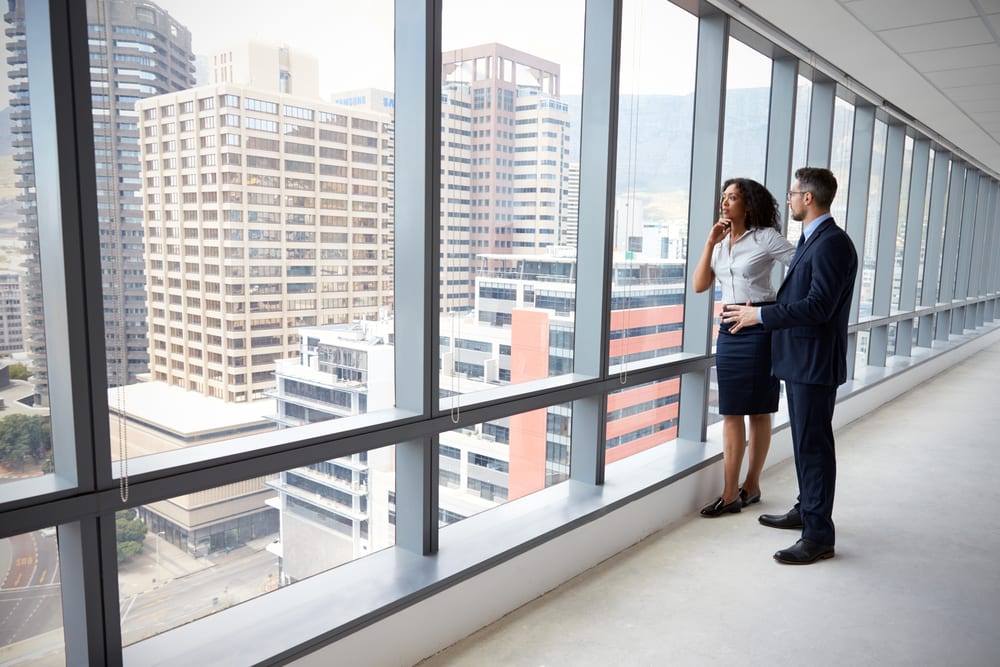Something as simple as poor landscaping also has the potential to decrease the home’s value. In fact, manycommercial real estate agents indicate that living next door to a poor neighbor could reduce the homes property value by over 5% to 10%. If the neighbor’s house is significantly degraded from the one you own, this could impact the value of your home. Dated or damaged structural issues can truly lower the value of your home, and you do not want to see your house value drop below that of your neighbors.
If you are lucky enough to live in a neighborhood filled with foreclosures, that is going to harm your home’s value. Having short sales, and particularly foreclosures, in your neighborhood reduces your home’s value. Another threat to your commercial property valuation is having foreclosures and short sales on your neighborhood.
If there is an overabundance of foreclosures or short sales in your area, the fair market value of your house is going to go down. Unfortunately, if your community has more homes facing foreclosure, then your homes fair market value may take a hit.
If surrounding homes are priced too low, surrounding homes could also decrease the value of your home. If the neighborhood does not have good schools, or the schools are considered unsafe, this will reduce the value of your property.
Here’s why having a poor school system could negatively impact your home’s value. If your property happens to be located in a poorly-rated school district, it could be cause for prospective homebuyers to look elsewhere.
If buyers see there is a registered sex offender or sex offender(s) in your community, it is going to lower your home’s value. If your house is dirty, filled with clutter, or has bad odors, that will turn away any potential buyers in no time. If a home’s location has unsightly views, smells, or sounds, you can certainly expect property values to suffer. When your house is located right next to train tracks, this could depress your properties value.
If you can see or hear the main highway, more than likely, this is going to negatively affect your home’s value. You should always check with your local housing experts when planning on buying close to a transmission line, to find out what effect that will have on the homes market value.

This requirement will have a significant effect on your home’s value, since people will hesitate to purchase properties within flood zones. Illegal extensions and improvements can significantly affect your prices when it comes time to sell your home. Mistakes made when building your house or while renovating can impact your home’s value, particularly when it comes to final appreciation.
First, you need to be aware of the things that could harm the value of your property to make sure that your home is a surefire investment. As a wise homeowner, it is your job to think about both that you can do to increase the value of your home, as well as what you might be doing — unintentionally or otherwise — that is going to lower the value. It is useful to view your new property not just through a buyer’s eyes, but to also consider how easily you may sell later, on these concerns, as you are making your home investment decision.
This is pertinent to every homeowner: Whether you are planning on listing your house for sale in the near future, or you are currently living in a dream home and planning on leaving the house as part of an inheritance to your family, you want to feel confident you can realize maximum value on your property. Considering your home is likely one (if not the) biggest investment you have, it makes sense that you should do everything in your power to maintain its value. There are a lot of things you can do to your house that will boost its value, whether that is repainting the cabinets in the kitchen, repainting the driveway or applying a fresh coat of paint.
You cannot control where your house is located, so if you are looking to sell and the house is located in an unfavorable area, you might need to put more effort into adding things to the house that will improve its value before selling. Some factors may lower the value of your home, making it difficult for your home’s value to rise again. On the other hand, there are many factors that may turn buyers away and lower the value of your property, ranging from Japanese Knotweed to having water damage to the house. Disrupting your homes proportions and making the wrong types of improvements may also turn off prospective buyers.
Stabilizing your home with a little sweat equity can help you land a better price when it comes time to sell. Well, we did all of the research for you, finding out what makes property less valuable, and how you can keep those things from happening in your home.
While you may not climb on your roof regularly to inspect the state of your home, missing shingles, decaying siding, and moss all have the potential to turn off buyers. The roof is a major structure of your home and must be maintained, but also provides curb appeal, which impacts the overall value of your home.
Also, living near unsightly structures or unwanted businesses may impact your overall property value as well, because of increased noise, pollution, or traffic. If there are many foreclosures or short sales in the area, potential buyers might hesitate to buy there as they are unsure whether or not it is stable and may worry about their home’s future value. A neighboring billboard could depress the home values by tens of thousands of dollars, so many neighborhoods are adopting no-billboard policies in an effort to protect the home values.

